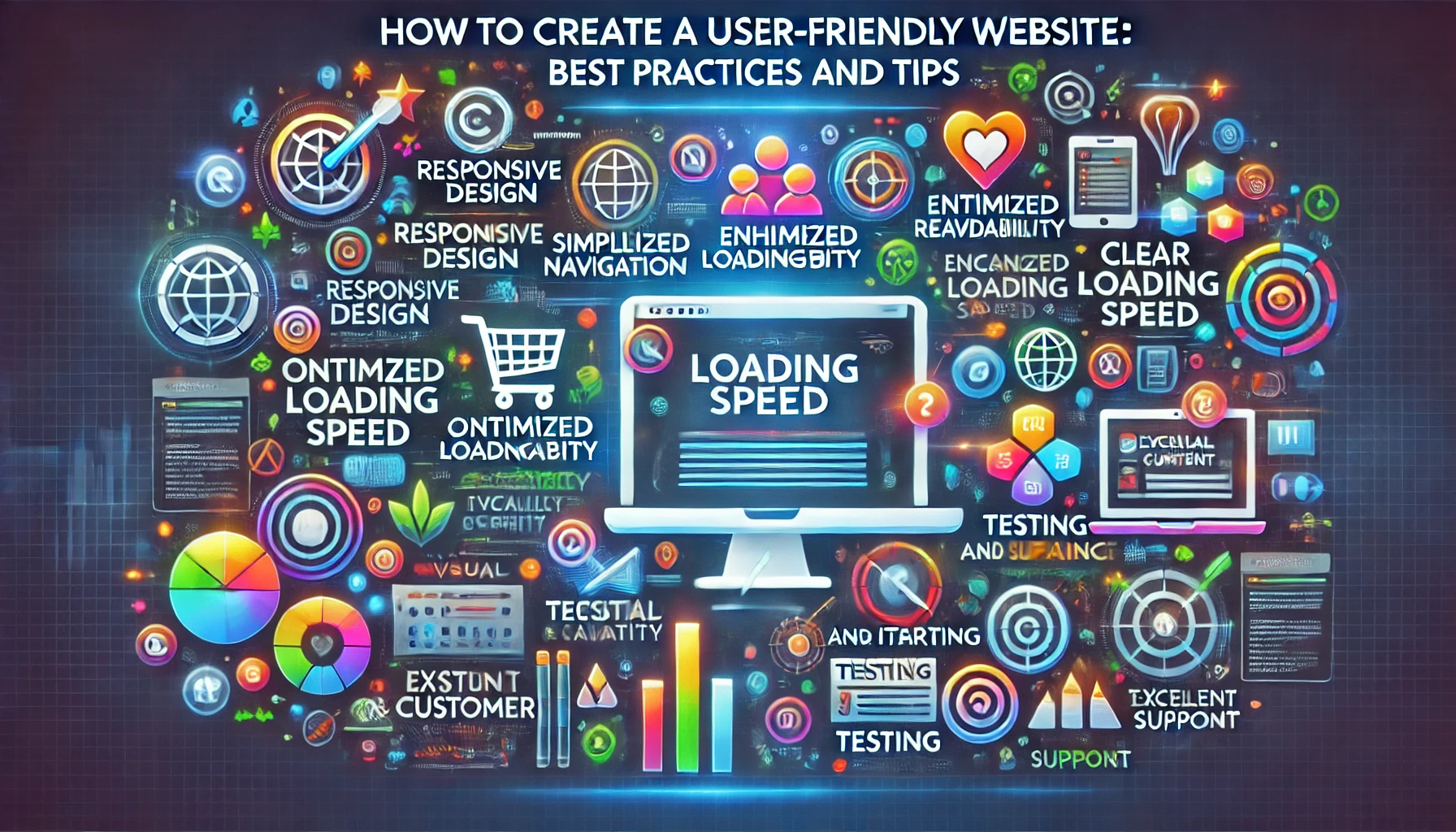The Ultimate Guide to Latest Website Designing Tools
Staying updated with the latest website designing tools is essential for creating modern, user-friendly websites. By using the latest tools, you can streamline your design process, enhance creativity, and improve efficiency. In this comprehensive guide, we will explore the ultimate list of the latest website designing tools to help you create stunning websites.
Understanding the Importance of Website Designing Tools
Website designing tools play a crucial role in the creation and maintenance of websites. Understanding their importance can help you choose the right tools for your projects.
- Streamline Design Process: Website designing tools streamline the design process, making it easier to create and manage websites.
- Enhance Creativity: These tools provide various features and functionalities that enhance creativity and innovation in web design.
- Improve Efficiency: By automating repetitive tasks and offering intuitive interfaces, designing tools improve efficiency and productivity.
Internal Link: For more insights on optimizing your design process, check out our article on How to Create a User-Friendly Website: Best Practices and Tips.
Design and Prototyping Tools
Design and prototyping tools are essential for creating and testing website designs before development. Here are some of the latest tools in this category:
1. Figma
Figma is a powerful cloud-based design tool that allows real-time collaboration and seamless integration with other tools.
- Real-Time Collaboration: Multiple designers can work on the same project simultaneously.
- Prototyping: Create interactive prototypes to test design concepts.
- Plugins: Access a wide range of plugins to enhance functionality.
2. Adobe XD
Adobe XD is a comprehensive design and prototyping tool that integrates well with other Adobe products.
- Design Systems: Use design systems to maintain consistency across projects.
- Responsive Resize: Automatically adjust designs for different screen sizes.
- Voice Prototyping: Incorporate voice interactions into your prototypes.
3. Sketch
Sketch is a vector-based design tool popular among web and mobile designers.
- Symbols: Reuse design elements across multiple projects with symbols.
- Plugins: Extend functionality with a vast library of plugins.
- Cloud Collaboration: Share designs and collaborate with team members in the cloud.
External Link: To stay updated on the latest design trends, visit Awwwards.
Development Tools
Development tools help transform design concepts into functional websites. Here are some of the latest tools for web development:
4. Webflow
Webflow is a visual web development tool that allows designers to create responsive websites without writing code.
- Drag-and-Drop Interface: Build websites using a visual interface.
- CMS Integration: Easily manage content with Webflow’s CMS.
- Hosting: Host your website directly on Webflow’s platform.
5. Visual Studio Code
Visual Studio Code is a popular code editor that offers extensive features for web development.
- Extensions: Customize your editor with a wide range of extensions.
- IntelliSense: Benefit from intelligent code completion and debugging.
- Integrated Terminal: Access the terminal directly within the editor.
6. GitHub
GitHub is a version control platform that enables collaboration and code management.
- Repositories: Host and manage code repositories.
- Pull Requests: Review and merge code changes collaboratively.
- Actions: Automate workflows with GitHub Actions.
Testing and Optimization Tools
Testing and optimization tools ensure your website performs well across different devices and environments. Here are some essential tools in this category:
7. Google Lighthouse
Google Lighthouse is an open-source tool for auditing website performance, accessibility, and SEO.
- Performance Audits: Identify and fix performance issues.
- Accessibility Checks: Ensure your website meets accessibility standards.
- SEO Recommendations: Optimize your website for search engines.
8. BrowserStack
BrowserStack provides cloud-based testing for websites across various browsers and devices.
- Real Device Testing: Test websites on real devices and browsers.
- Automated Testing: Automate testing with Selenium, Cypress, and more.
- Visual Testing: Perform visual regression testing to catch UI issues.
9. GTmetrix
GTmetrix analyzes website speed and performance, providing actionable recommendations for improvement.
- Performance Reports: Get detailed reports on website performance.
- Page Speed Insights: Access insights and recommendations from Google.
- Waterfall Chart: Visualize the loading sequence of your website.
Internal Link: For more tips on optimizing your website’s performance, read our article on SEO Secrets: Tips and Tricks for Ranking Higher on Google.
Content Management Systems (CMS)
Content Management Systems (CMS) make it easy to create, manage, and publish content on your website. Here are some of the latest CMS tools:
10. WordPress
WordPress is a versatile CMS that powers over 40% of the web, offering extensive customization options.
- Themes and Plugins: Choose from thousands of themes and plugins.
- SEO-Friendly: Optimize your website with built-in SEO features.
- User Management: Manage multiple users with different roles and permissions.
11. Ghost
Ghost is a modern CMS focused on publishing and content creation.
- Markdown Support: Write content using Markdown for a seamless writing experience.
- SEO Optimization: Built-in SEO tools to improve search rankings.
- Memberships: Create subscription-based membership sites.
12. Contentful
Contentful is a headless CMS that provides a flexible content infrastructure.
- API-First: Deliver content across multiple platforms with API.
- Modular Content: Create reusable content modules for consistency.
- Scalable: Easily scale your content operations as your business grows.
By staying updated with the latest website designing tools, you can enhance your design process, improve efficiency, and create stunning websites. Focus on utilizing design and prototyping tools like Figma, Adobe XD, and Sketch, and leverage development tools such as Webflow, Visual Studio Code, and GitHub. Ensure optimal performance with testing and optimization tools like Google Lighthouse, BrowserStack, and GTmetrix, and manage your content effectively with CMS tools like WordPress, Ghost, and Contentful. Embrace these tools to stay ahead of the curve, streamline your workflow, and deliver exceptional web design projects.
Read more articles like this, visit: Regent Studies




